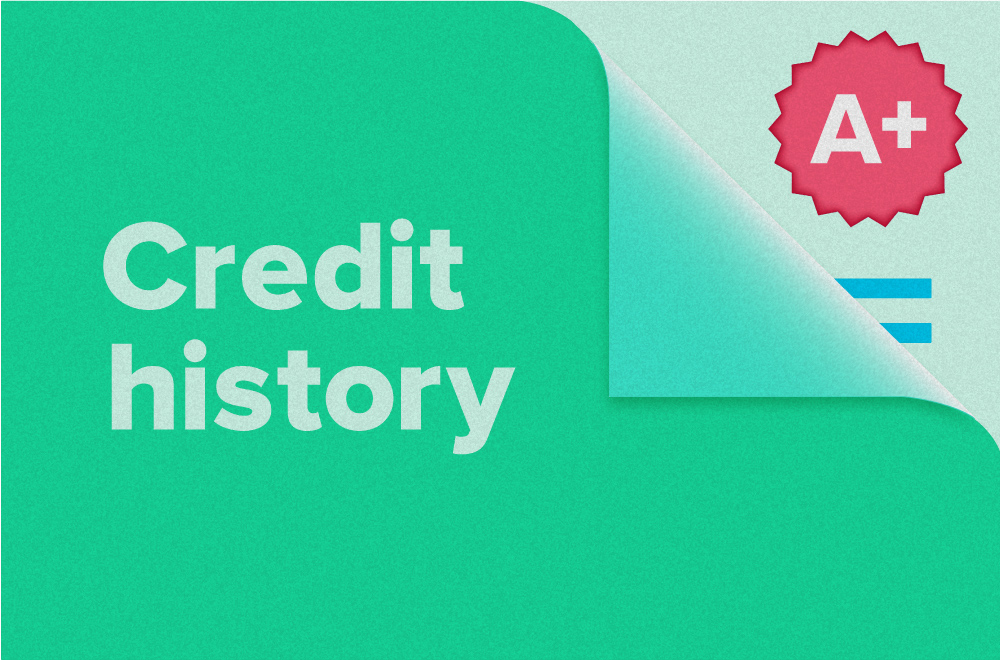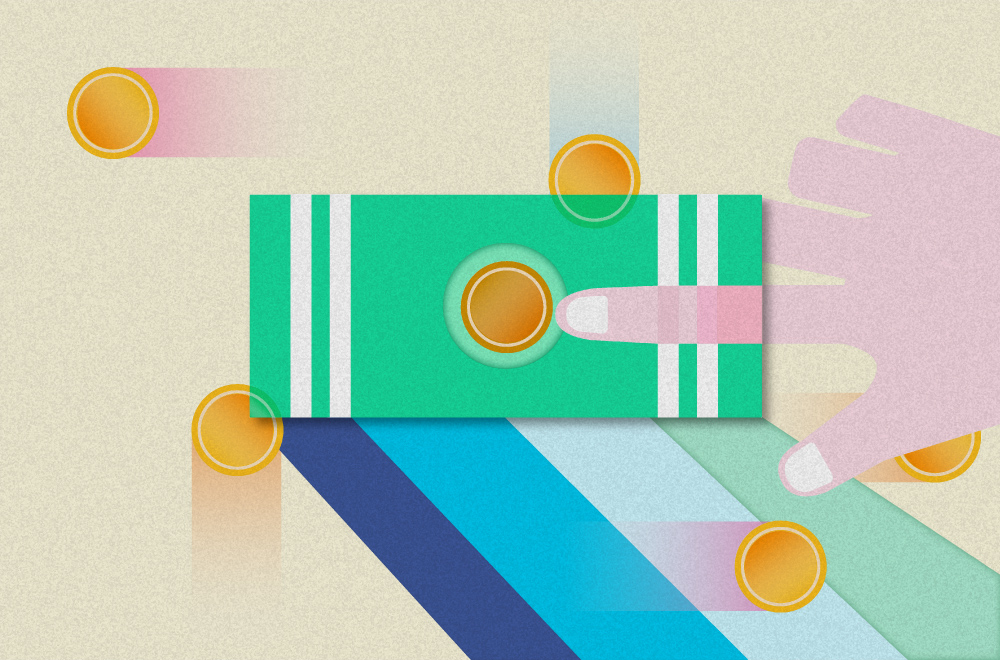How do I qualify for a mortgage
When you’re getting a mortgage, lenders base your approval on factors about you and your credit history as well as the the property you’re buying. Your mortgage specialist will walk you through all the details and help you through the whole process, but we’re giving you a head start with this handy guide.
What you need…

Credit Score
Aim for a credit score of over 680. It’ll allow you to qualify for more in terms of your mortgage. That being said, there are lenders that will give you great rates for credit scores as low as 640, and on a case by case basis may go lower depending on other factors.
Canadian lenders have to follow specific rules for mortgages with a down payment that’s less than 20%. These rules are set by qualifying ratios called Gross Debt Service Ratio (GDSR) and Total Debt Servicing Ratio (TDSR).
• If your score is under 680, your max GDSR is 35% and your max TDSR is 42%
• If your score is over 680 you max GDSR is 39% and your max TDSR is 44%
• Higher credit scores get rewarded with an additional 4% GDSR and 2 % TDSR
These ratios determine your total income that can go to housing costs. By having a higher credit score, you can qualify for a better mortgage. We’ll explain these ratios in more detail in the ‘Income’ section.

Credit
When it comes to your credit history, lenders follow the ‘222 Rule’, meaning you need:
• 2 years of credit history (minimum)
• 2 forms of credit reporting on your credit bureau (like a line of credit and a credit card)
• And a total combined limit of at least $2,000 to show you can handle your finances
If you have anything in collections, make sure it’s paid prior to the mortgage funding. And, make sure you’re practicing good credit habits, like making your payments on time; lenders with the best rates don’t like to see multiple late payments.

Income
Your income is important when you’re getting mortgage because lenders want to make sure you have the ability to pay the mortgage payments. Duh.
This is where those handy Gross Debt Servicing Ratio (GDSR) and Total Debt Servicing Ratios (TDSR) come into play.
Here’s how it works…
TDSR – Takes that same ratio PLUS any other debts (like credit cards, line of credit, etc.) and can’t be more than 44%.
Salaried
• Letter of Employment stating income and tenure, on company letterhead with the contact info for your manager or HR (dated within 30 days)
• Current pay stub
• If you receive a bonus, we will also need the most recent 2yrs of T4's
• Must not be on probation
Salaried + Commission
• Letter of Employment stating income and tenure, on company letterhead with the contact info for your manager or HR (dated within 30 days)
• Last 2 yrs T4's or Notice of Assessments (Notice of Assessment is the income tax receipt sent to your from CRA after you file your taxes. This will show your net annual income and the taxes owed (if any))
Hourly
• Letter of Employment stating income and tenure, on company letterhead with the contact info for your manager or HR (dated within 30 days)
• Current pay stub
• Last 2 yrs T4's or Notice of Assessments (Notice of Assessment is the income tax receipt sent to your from CRA after you file your taxes, showing your net annual income and the taxes owed (if any)
• Must not be on probation
Self-employed
• Last 2 yrs Notice of Assessments (Notice of Assessment is the income tax receipt sent to your from CRA after you file your taxes showing your net annual income and the taxes owed if any)
• You must not owe any taxes to CRA. If you do, the lender will require proof by way of the "Statement of Account" document from CRA that this is paid before your closing date
Sole Proprietor/Partnership
• Business License
• CRA Notice of Return (confirmation of GST return)
• Or, Last 2 years T1 Generals with your statement of business activity. T1 Generals is your full tax return. If you are self employed, your taxes must be filed by an accountant
• Financial Statements signed by an accountant
• Articles of Incorporation for the last two years, prepared and signed by an accountant
There’s a bunch of other scenarios, so don’t worry if you don’t see yours above. Your dedicated mortgage specialist will go through everything in detail with you, for whatever income situation you’re in, to make it as easy as possible and make sure you’re supported along the way.

Down payment
• If you’re buying it as a rental property, you need at least 20% down.
Like your income, you’ll need to show proof of where your down payment is coming from. This could be in the form of a letter if it’s a gift, or bank statements if you’re using your RRSPs.
Savings/Investment
• 3 months of bank statements OR investment accounts. (All statements must show your name and account number.)
Gifted
• Gift Letter signed by an immediate family member
• A bank statement showing the funds in the donor's account
• A bank statement showing the gifted funds in your account
Borrowed
• Credit agreement/statement showing monthly payment
• Bank statement showing the funds in your account
